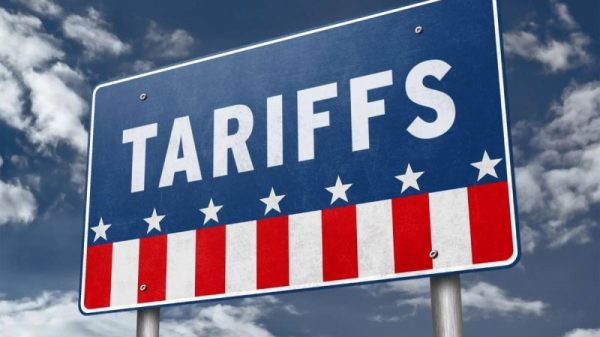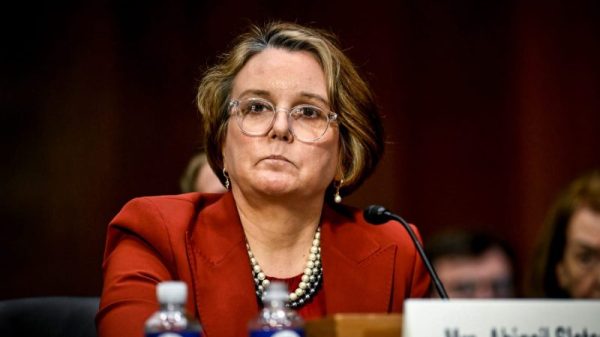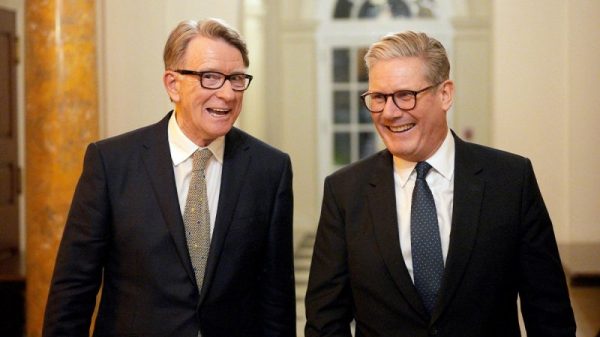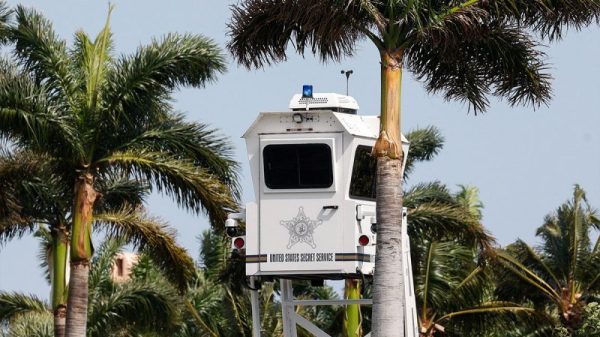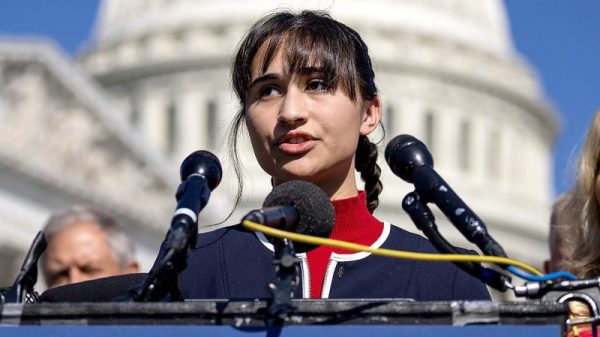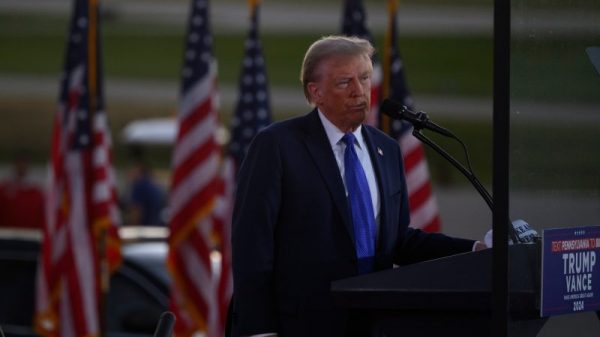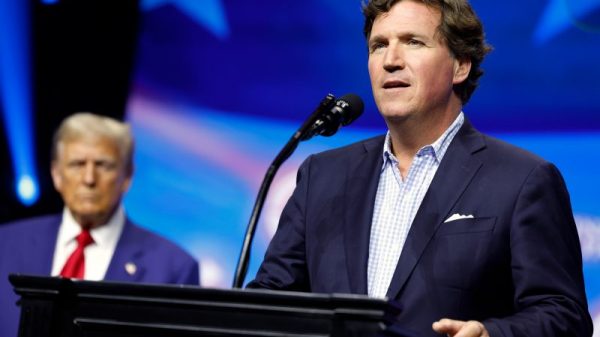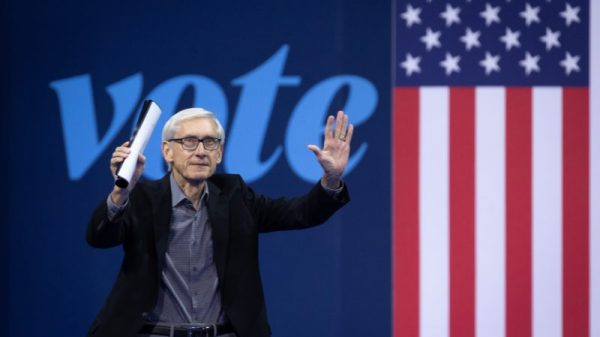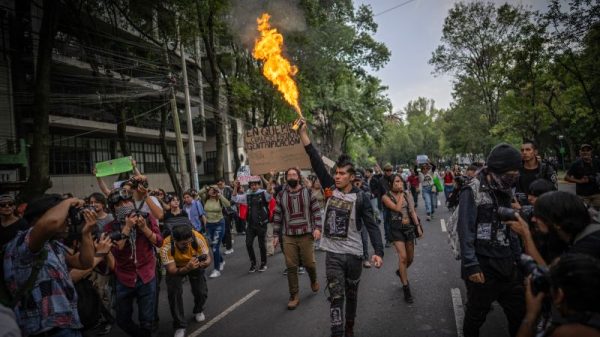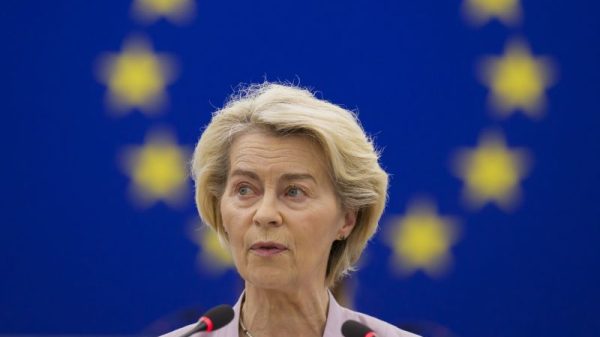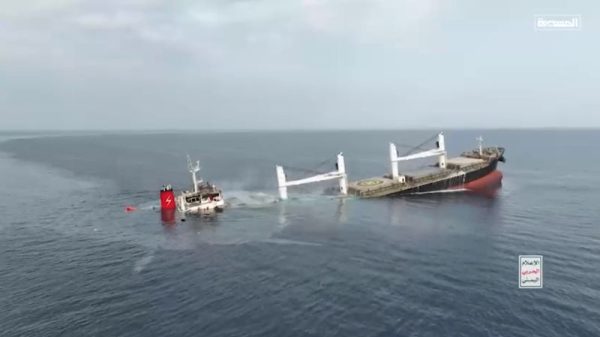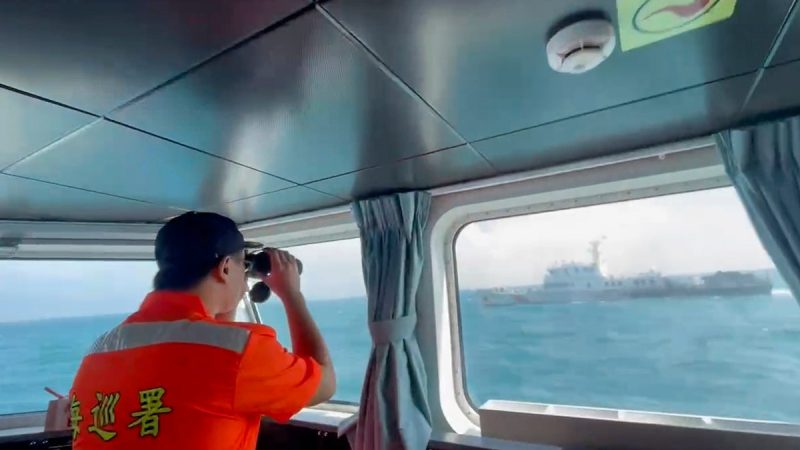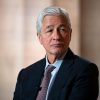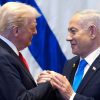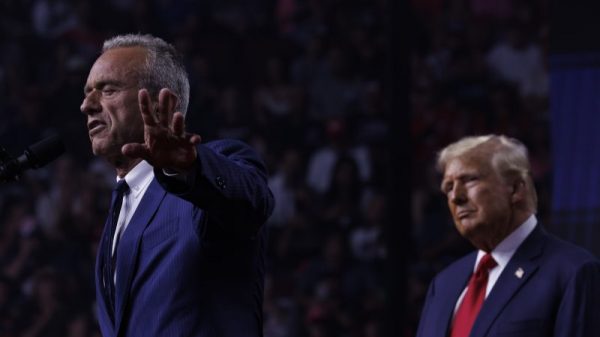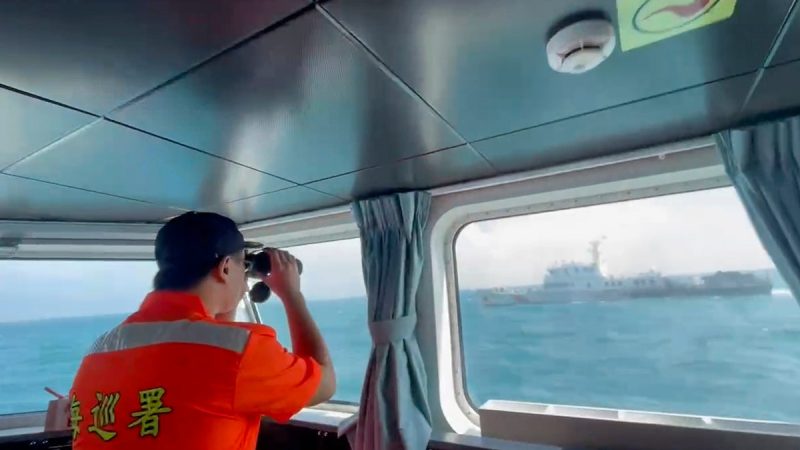
A group led by the Ronald Reagan Presidential Foundation and Institute (RRPFI) has issued a series of takeaways following its recent visit to Taiwan. The takeaways can be seen as a roadmap of ideas for the Trump administration.
The eight-member delegation consisting of U.S. national security and business leaders concluded their strategic visit to Taiwan last month amid the presidential transition in Washington, D.C., a new administration in Taipei and ongoing Chinese coercion and aggression in East Asia.
The series of meetings was designed to strengthen ties between the United States and Taiwan across Taiwan’s political leaders and business elite. Members of the RRPFI delegation identified several key takeaways from the trip that could compliment the Trump administration’s policies toward strengthening the U.S.-Taiwan partnership.
The delegation said that while a number of President Donald Trump’s selections for top administration roles have expressed previously held views about policy involving Taiwan, there is a general mix of optimism and uncertainty over the direction the administration will take on security and economic matters relating to Taiwan.
Increasing defense spending, particularly with NATO allies, was a centerpiece of Trump’s first term. The delegation stressed national unity on defense and said elected officials from all parties need to live up to the intent to increase defense spending. The delegation emphasized to Taiwanese partners that the American public expects U.S. allies and partners to shoulder the primary burden of their own defense, a notion that will certainly appeal to the Trump administration.
The delegation asserted that Russia’s war in Ukraine and how the West handled it since Russia’s full-scale invasion are on the minds of Taiwanese leaders. The Biden administration used the Presidential Drawdown Authority on at least 55 occasions since August 2021 to provide Ukraine with military assistance from Department of Defense stockpiles, according to the State Department. The RRPFI delegation argue that the Presidential Drawdown Authority along with Foreign Military Sales are valuable tools for enhancing Taiwan’s capabilities and ensuring peace and stability in the region.
At last month’s meeting, David Trulio, president and CEO of the Ronald Reagan Presidential Foundation and Institute, told Taiwanese leaders that, ‘especially with President Trump’s mandate in returning to office, Taiwan, the PRC, and the world are watching how the United States addresses China’s ongoing aggression in the South China Sea and malign online influence.’
He said that the security situation across the Taiwan Strait demands a continued commitment to peace through strength, including through robust partnership with Taiwan and sustained U.S. deterrence.
‘Taiwan has made, and is making, serious investments in its security,’ Trulio told the audience.
‘That said, given President Trump’s and the American public’s expectation that U.S. allies and partners shoulder the primary burden of their own defense, it is critical that Taiwan’s leaders deliver on their stated intent to increase defense spending and enhance their operational capabilities,’ Trulio added.
Taiwan currently spends 2.45% of its GDP on defense, and Taiwanese leaders have expressed their intention to continue to increase their defense budget. Defense spending has increased by 80% since 2016, and their defense budget accounted for 15% of its total budget in 2024, according to Taiwan’s government.
The U.S. has been arming Taiwan for seven decades and Taiwan has consistently been one of the largest purchasers of U.S. weapons through the Foreign Military Sales process.
The delegation warned that not receiving weapons diminishes Taiwan’s security and enables the PRC to claim that the United States is an unreliable partner.
China takes these arm sales very seriously. China warned the U.S. that it was making ‘dangerous moves’ by providing Taiwan with an additional $571 million in defense materials, which was authorized by then-President Joe Biden in December just prior to leaving office.
The Chinese Foreign Ministry released a statement at the time urging the U.S. to stop arming Taiwan and to cease what it referred to as ‘dangerous moves that undermine peace and stability in the Taiwan Strait.’

